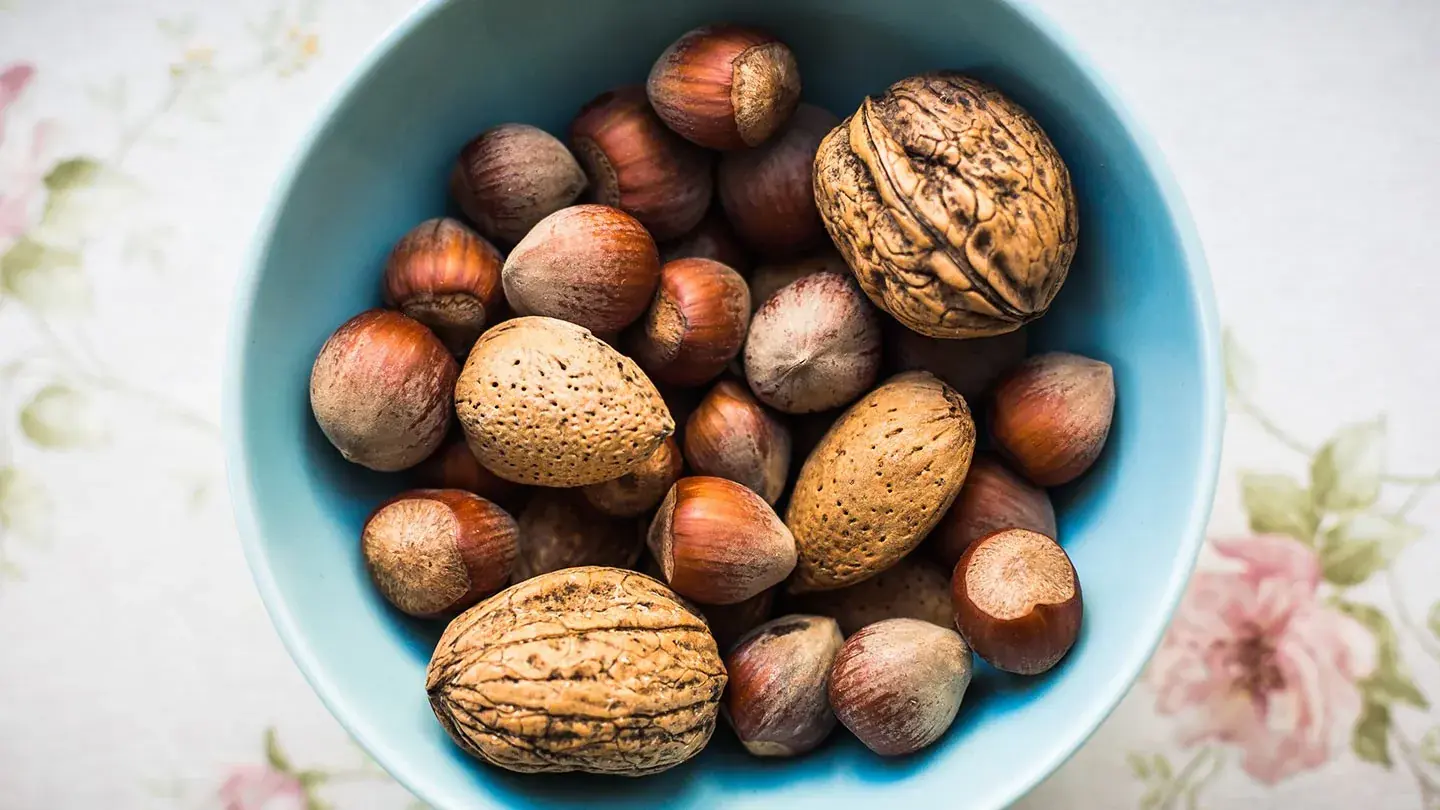
Why You Should Drink Water On An Empty Stomach Immediately After Waking Up

Imagine not drinking any fluids for the next 8 hours. It would be pretty impossible, right? Well, this is exactly what your body does while it’s asleep. So in the morning, it’s pretty important that we focus on one thing only – drinking a glass of water (16 ounces to be exact!).
While you sleep, your body becomes dehydrated, because it needs fluids to operate. While you sleep, this is also a time when your body is detoxing and filtering out waste products you accumulated during the day.
In Japan, drinking water immediately upon waking up is a popular ritual. They believe that it can help heal and manage epilepsy, bronchitis, asthma, diarrhea, vomiting, urine & kidney diseases, menstrual disorders, diabetes, meningitis, arthritis, headache, eye diseases, and can even help you manage a healthy weight.
Although drinking water in the morning isn’t the most enjoyable thing to do (most people prefer tea or coffee), it can benefit the body in more ways than one.
Drinking Water on An Empty Stomach in The Morning
As I mentioned above, the body filters toxins you’ve accumulated throughout the day while you’re asleep. Not much water is left in the body to clear away all this waste by the time you wake up, so replenishing the body with fluids (water being the best) as soon as you wake up, will give your kidneys the fluid they need to eliminate toxins that are clogging up your system (1).
You’ll also be revving your metabolism by drinking water first thing in the morning. Drinking a large, cool glass of water (if you want specifics – 500mL) after you wake up has actually been shown to fire up the metabolism by 30% for an hour (2)!
Not to mention, your brain is 75% water. When you’re not properly hydrated, your brain operates on less fuel, and you can feel incredibly drained, or experience fatigue or mood fluctuations (3). Drinking water will also help you eat less, and improve digestion (especially if drank 20 minutes before a meal). It can prevent unnecessary snacking, and will allow you to feel fuller longer.
Drinking water in the morning will also replenish the fact that you are likely dehydrated, even though you might not feel it right away. When we’re dehydrated, we don’t think as clearly, and our mental clarity and alertness significantly declines.
“Dehydration kills by bringing blood pressure down to fatal levels. The more energy you expend, the more likely you are to lose water,” says Randall Packer, an expert from George Washington University. “You lose a little bit of water every time you exhale. You lose water when you sweat. You do make a little water when you metabolize food…but the balance is such that you always need some sort of water intake (4).”
Morning Dehydration
Morning dehydration is just like any other form of dehydration. It occurs when you use or lose more fluid than you take in, and your body doesn’t have enough water and other fluids to carry out its normal functions. If you don’t replace lost fluids, you will get dehydrated.
Symptoms of dehydration include (4):
• Increased thirst
• Dry mouth and swollen tongue
• Weakness
• Dizziness
• Palpitations (feeling that the heart is jumping or pounding)
• Confusion
• Sluggishness
• Fainting
• Inability to sweat
• Decreased urine output
If you wake up in the morning and experience any of the above, it’s a sign that your body needs more water. Also, take notice of the colour of your urine when you first get up to go to the bathroom. If it is bright yellow, then your body desperately needs more water. In fact, looking at the colour of your pee throughout the day is a great way to gauge if you’re getting enough water – you can read more about that here.
How Much Water In The Morning?
The best way I’ve found to drink my 1 litre of water in the morning is by leaving a glass next to my bed so that I can drink it as soon as I get up. It’s an easy reminder to drink water, especially when you might be feeling a little sluggish and still bouncing between dream world and reality.
Aiming to drink 1 litre of water, at least 45 minutes before your first meal is what’s recommended. Aim for the same amount before each meal (for me, I drink 1 litre before breakfast, lunch and dinner, and then later in the night I drink half a litre to a litre or so – for a total of 3.5-4 litres a day).
If you’re having trouble drinking this much water first thing in the morning, start with one glass and slowly increase the amount of water you drink every day. So if you drank 1 cup the first morning, drink 2 cups the next, and so forth until you hit 4 cups.
Be sure to listen to your body too. It is often the case that we forget to drink water, and instead just eat food – more often than not, we are more thirsty than hungry, so make sure you drink some water before you have your next meal!
News in the same category

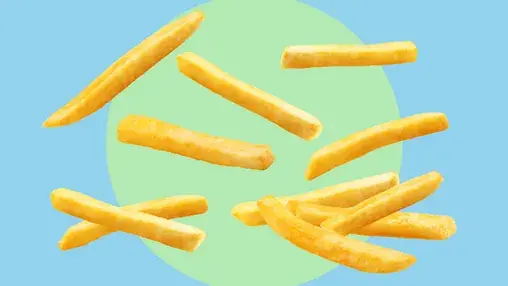
Study Links Fries, but Not Other Forms of Potato, With Diabetes
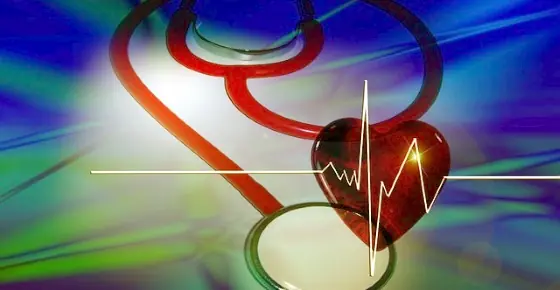
How to Lower High Blood Pressure Quickly Without Medications (Evidence Based)
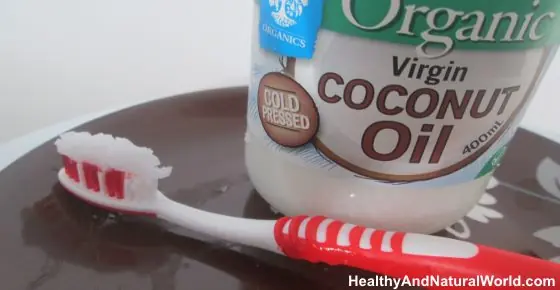
Why You Should Start Using Coconut Oil as a Toothpaste
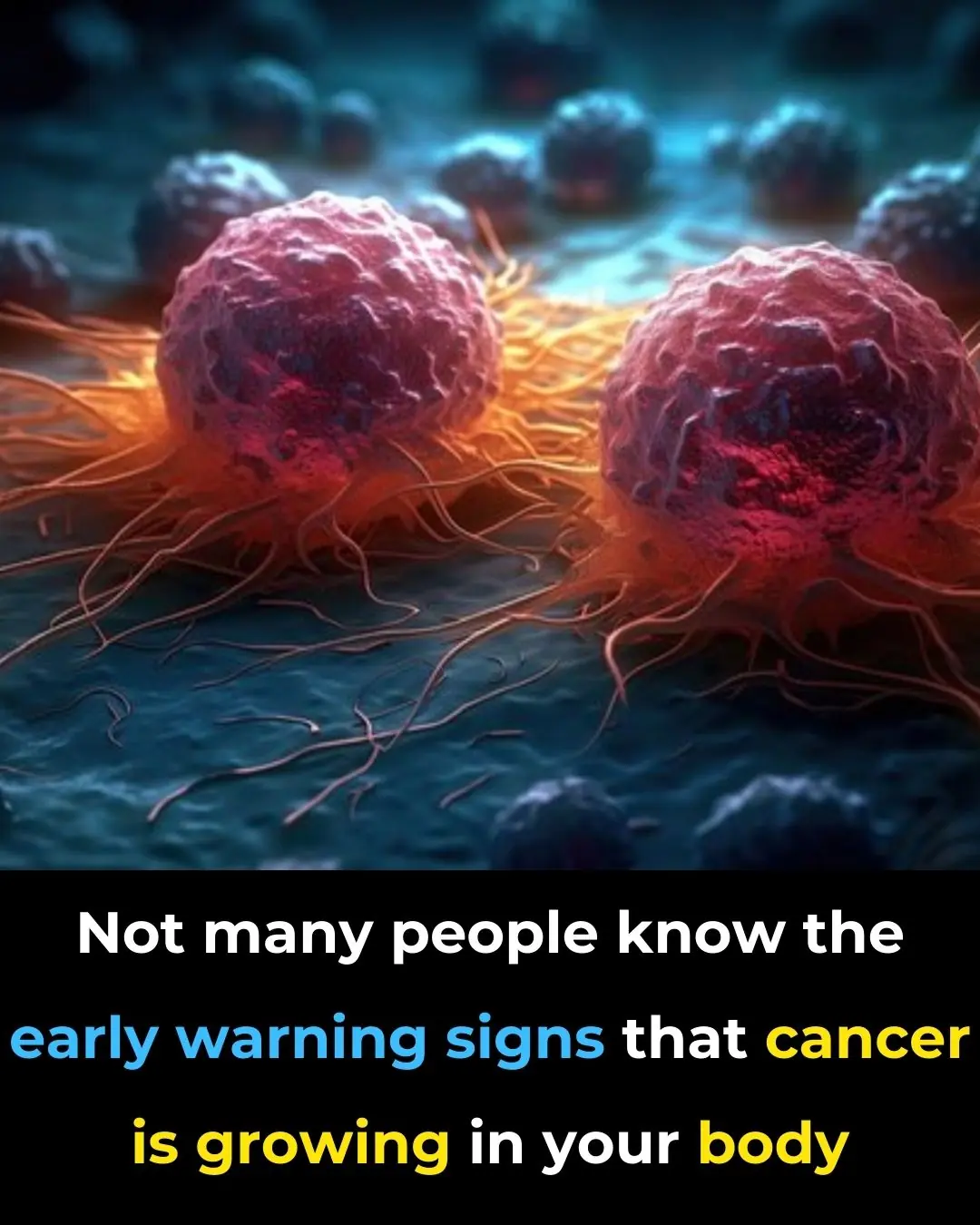
20 Early Cancer Signs You Should Never Ignore
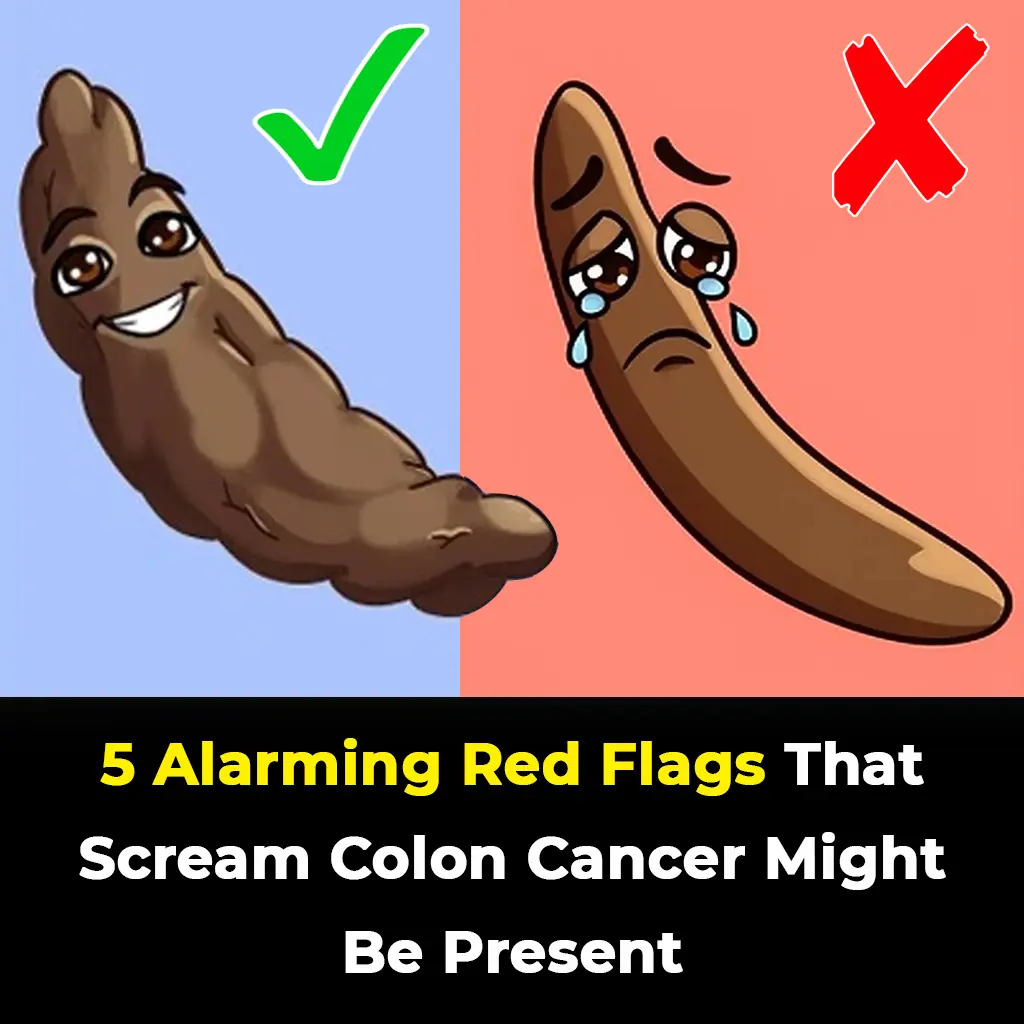
5 Warning Signs That Could Indicate Colon Cancer
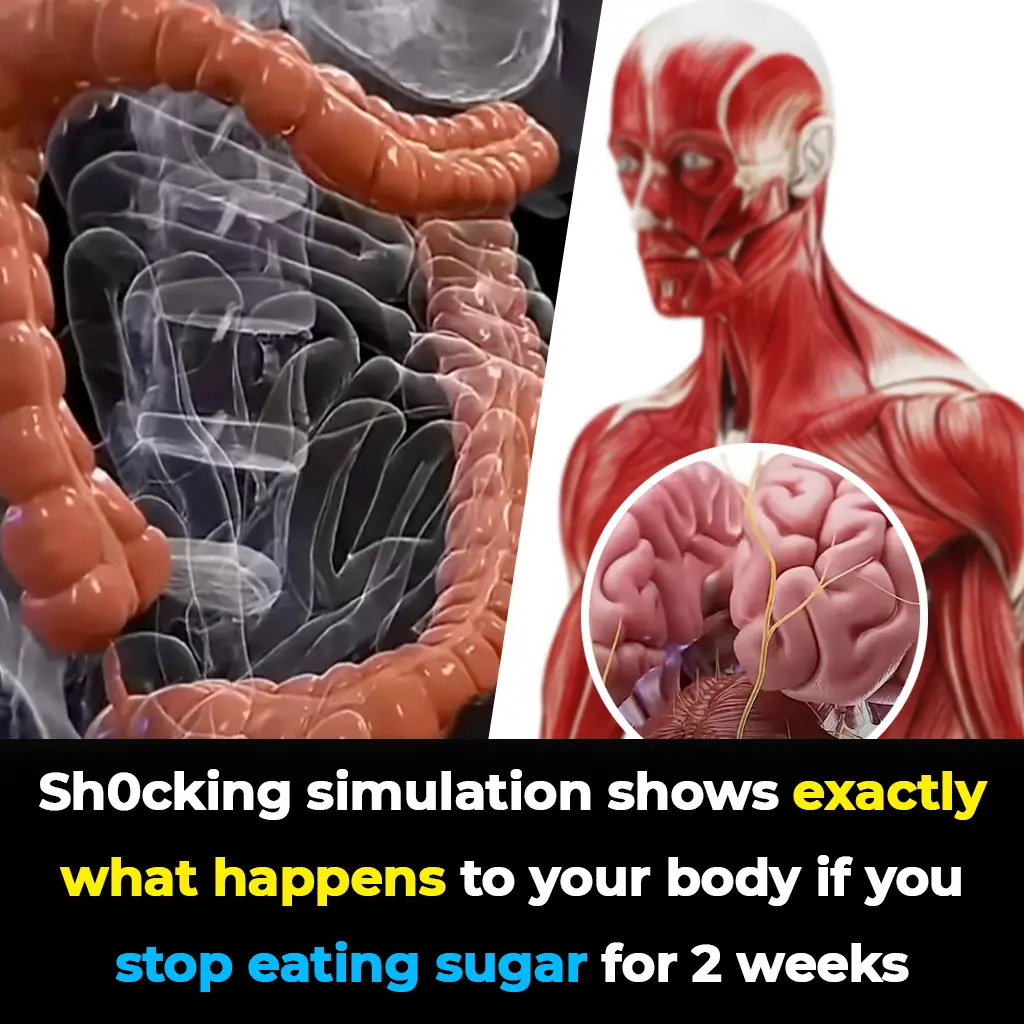
Shocking simulation shows exactly what happens to your body if you stop eating sugar for 2 weeks
Giving up sugar for two weeks may sound like a simple diet tweak, but a new simulation shows the change can trigger a chain reaction inside your body — from energy surges to mental clarity. The journey isn’t without its challenges, but the long-term r
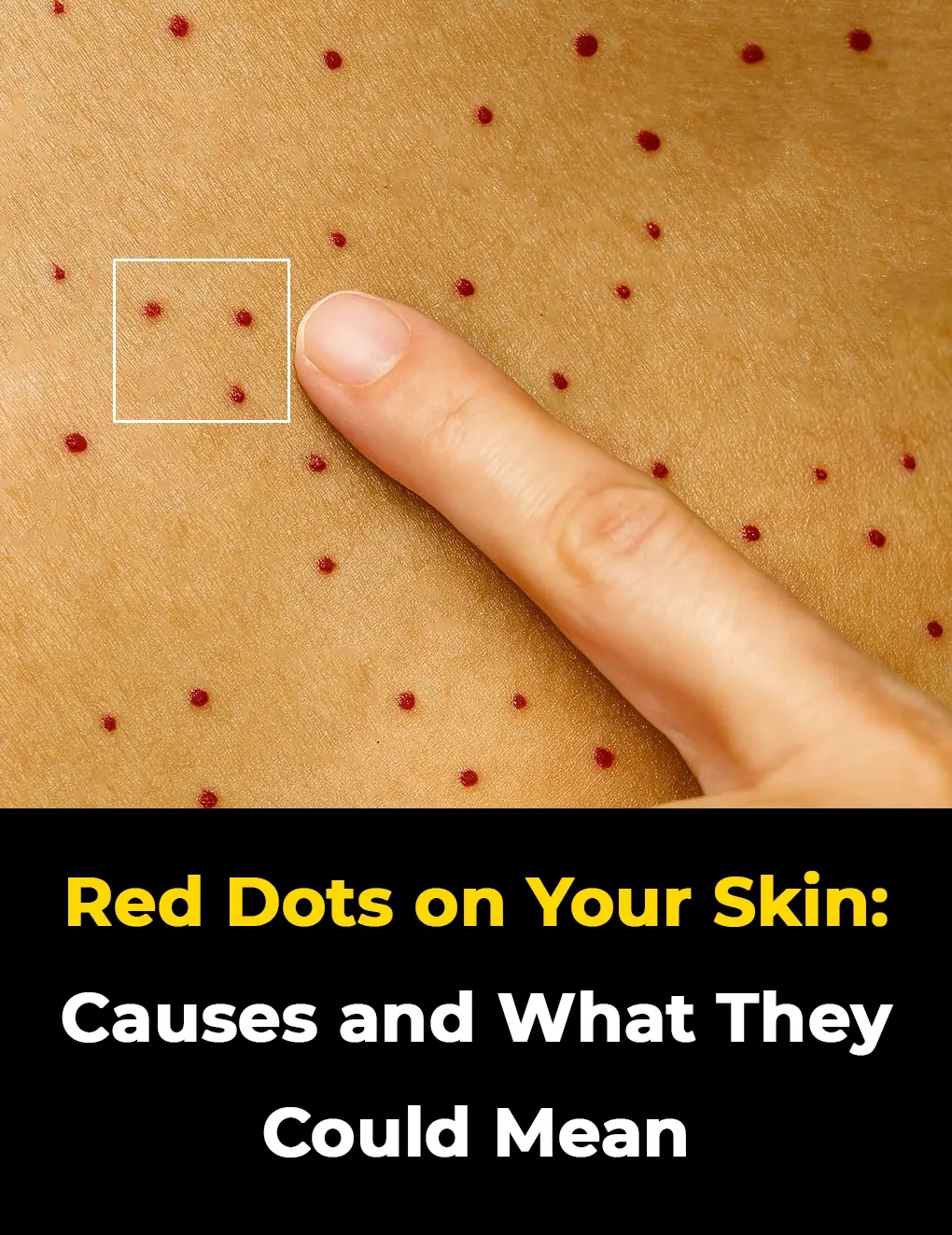
11 Sh0cking Causes of Red Dots on Your Skin and How to Treat Them
While some red dots on your skin may resolve on their own or with simple remedies, others can and should require medical attention.
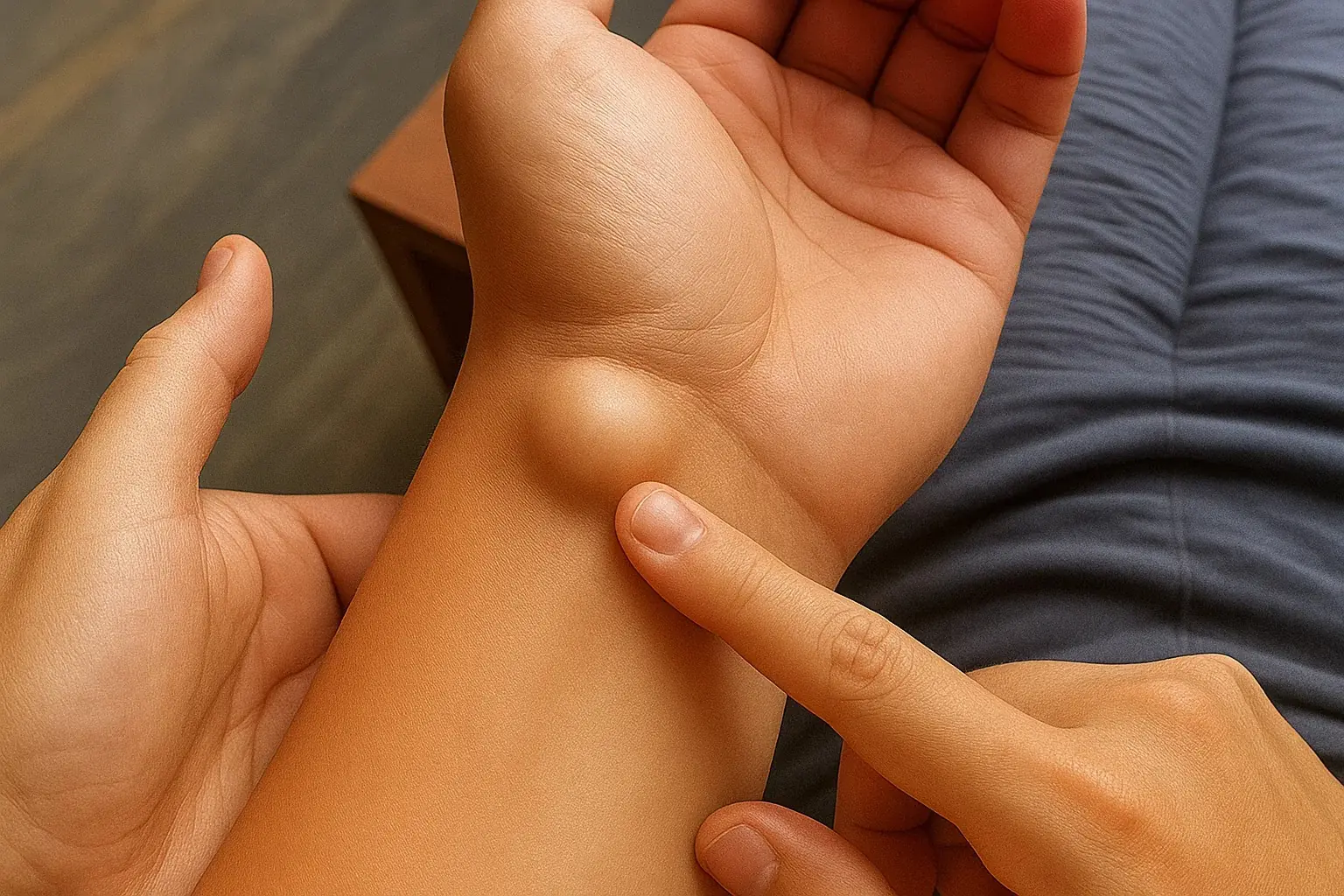
Healing Power of Castor Leaves: Natural Benefits and Must-Know Safety Tips

Here’s Why You Shouldn’t Sleep With A Fan At Night
Sleeping with a fan might seem harmless — even comforting — but its hidden effects can chip away at your comfort and long-term sleep quality.

36-Year-Old Teacher D!es From Diabetes Caused by Common Foods, Experts Say
Diabetes is a serious health condition with long-term consequences if left unmanaged.
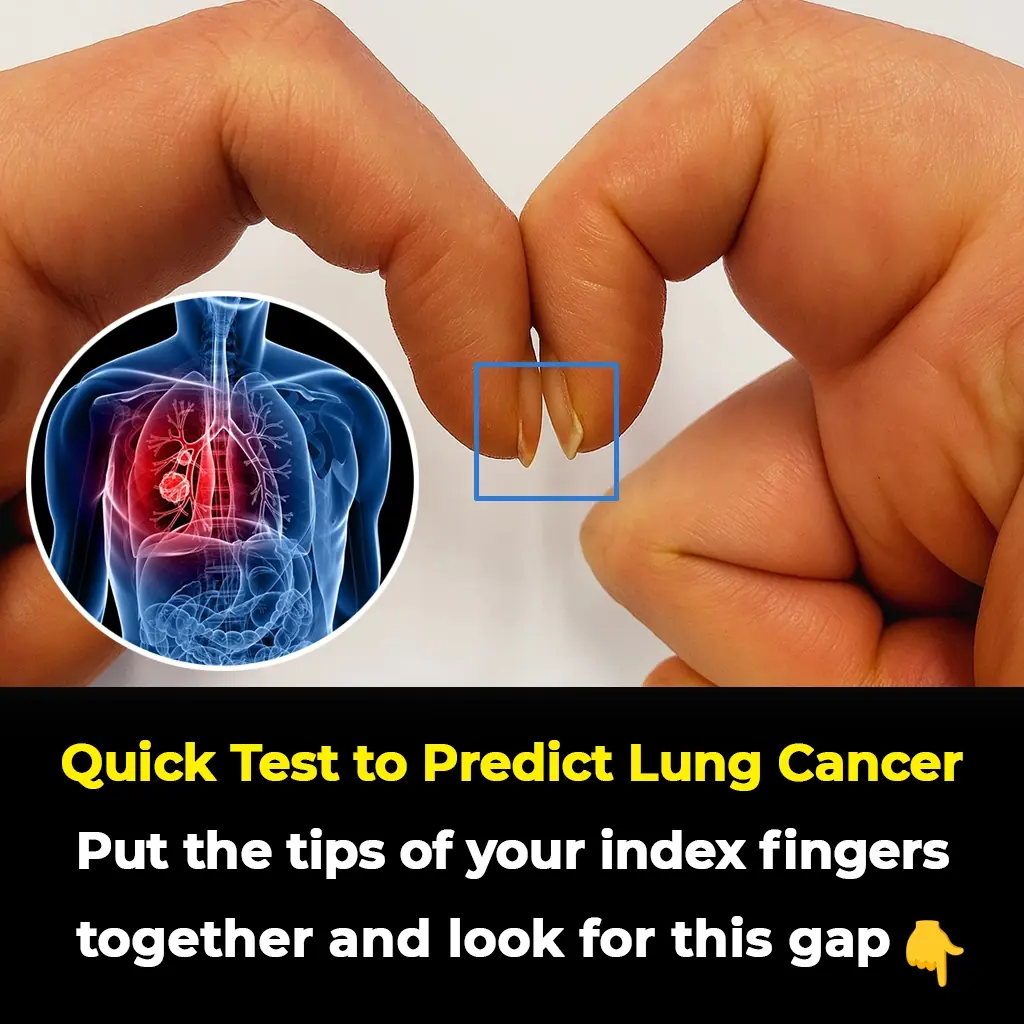
Finger Test For Lung Cancer Could Determine Cancer Risk
While finger clubbing itself is a symptom rather than a disease, adopting healthy lifestyle habits can help reduce the risk of underlying conditions that cause it.
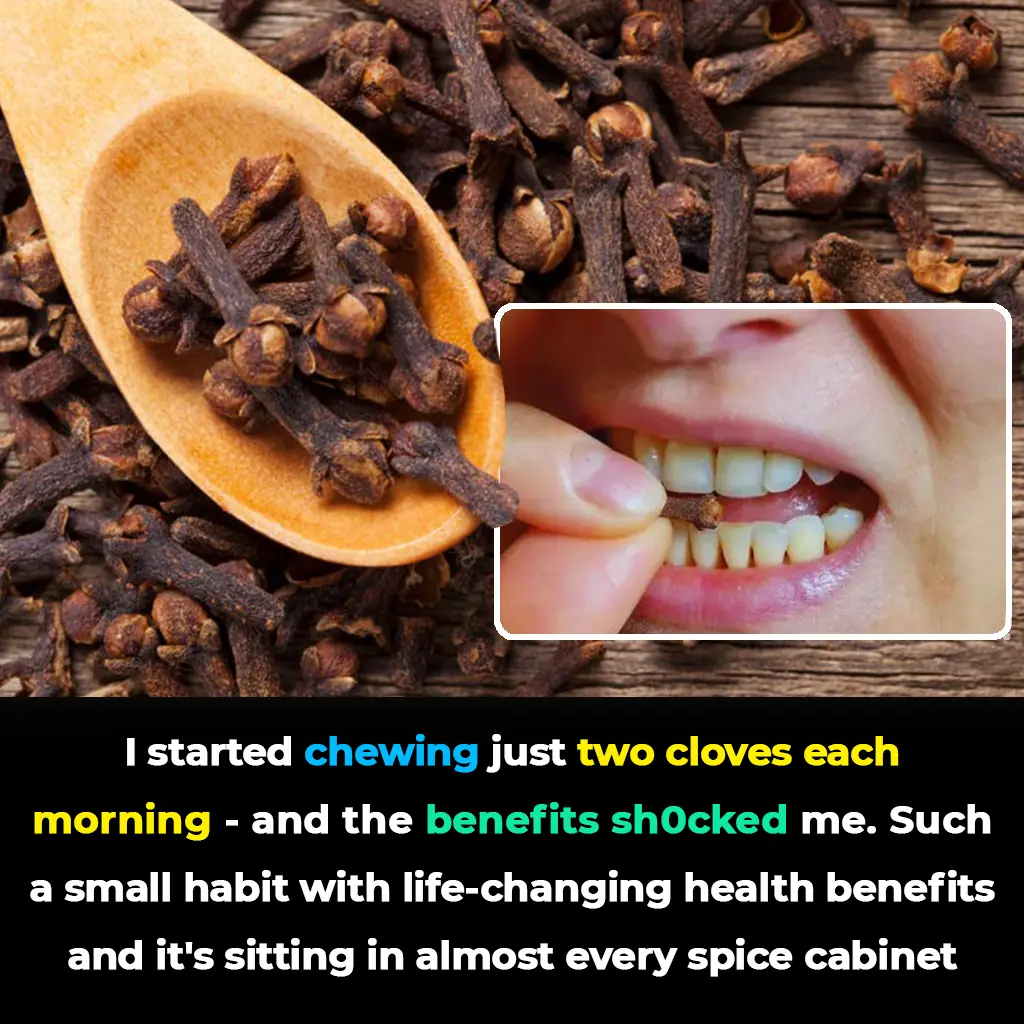
The Ultimate Guide to Cloves: Benefits, Uses, and How They Work
Cloves aren’t just a fragrant kitchen spice — they’re a centuries-old natural remedy packed with healing power. From boosting immunity to easing pain, these tiny buds hold surprising benefits you can easily tap into at home.

What Are Eye Floaters? Here What To Do If you Start Seeing Them, According to an Eye Doctor
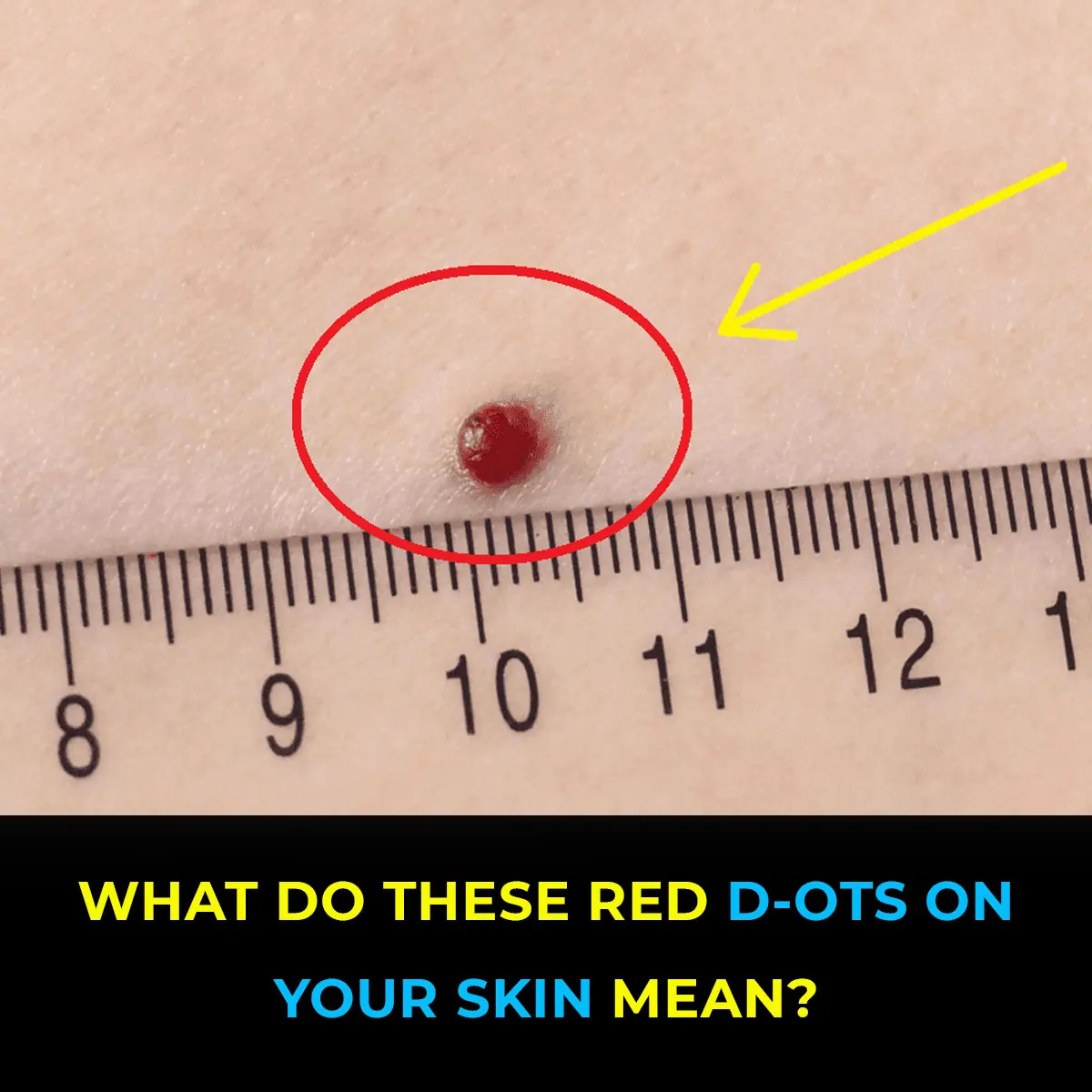
11 Reasons Why You Have Red Dots On Your Skin
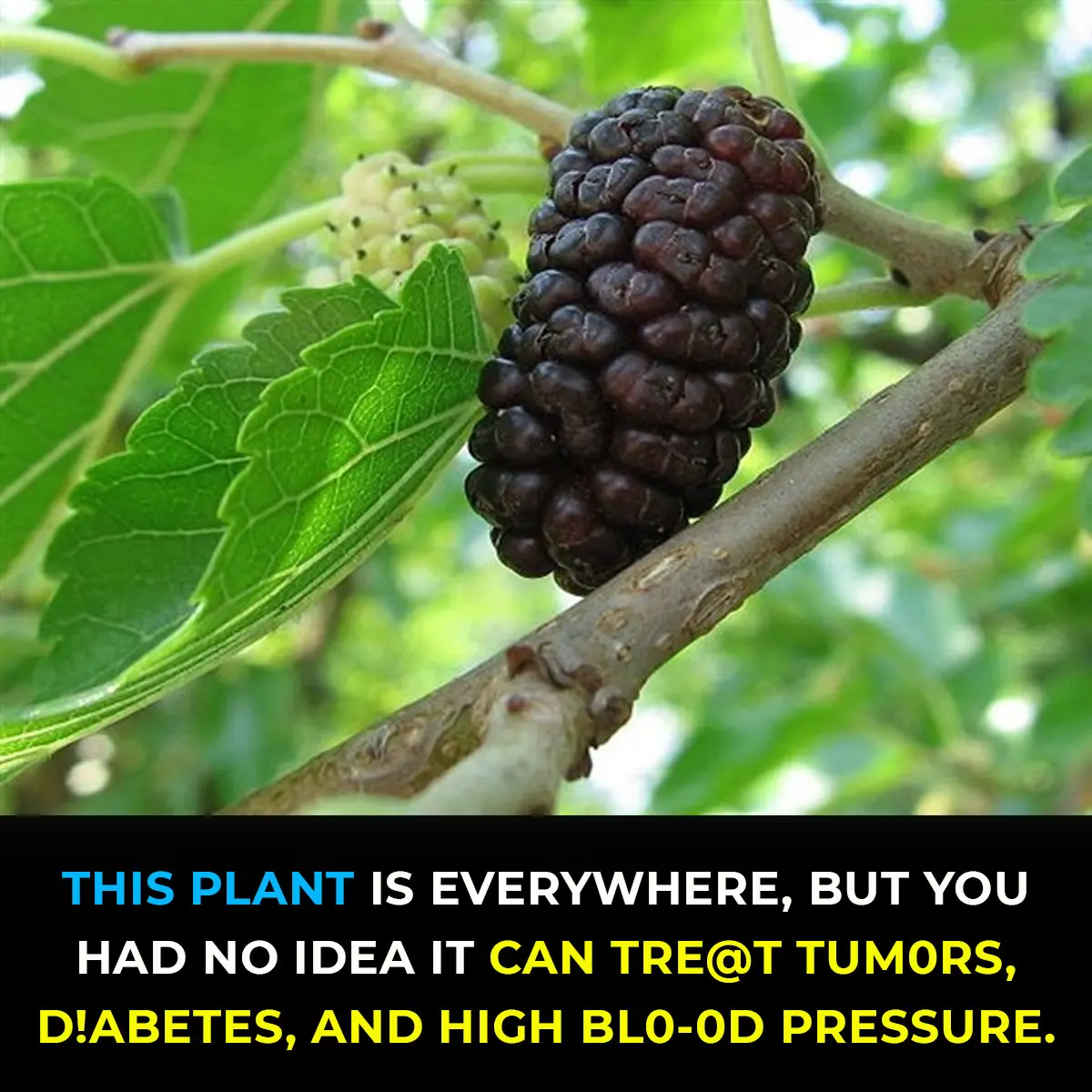
Common Backyard Plant May Help Fight Tumors, Diabetes, And High Blood Pressure

Over 200 People Are Killed By The “World’s Deadliest Food” Every Year, But Almost 500 Million People Still Eat It
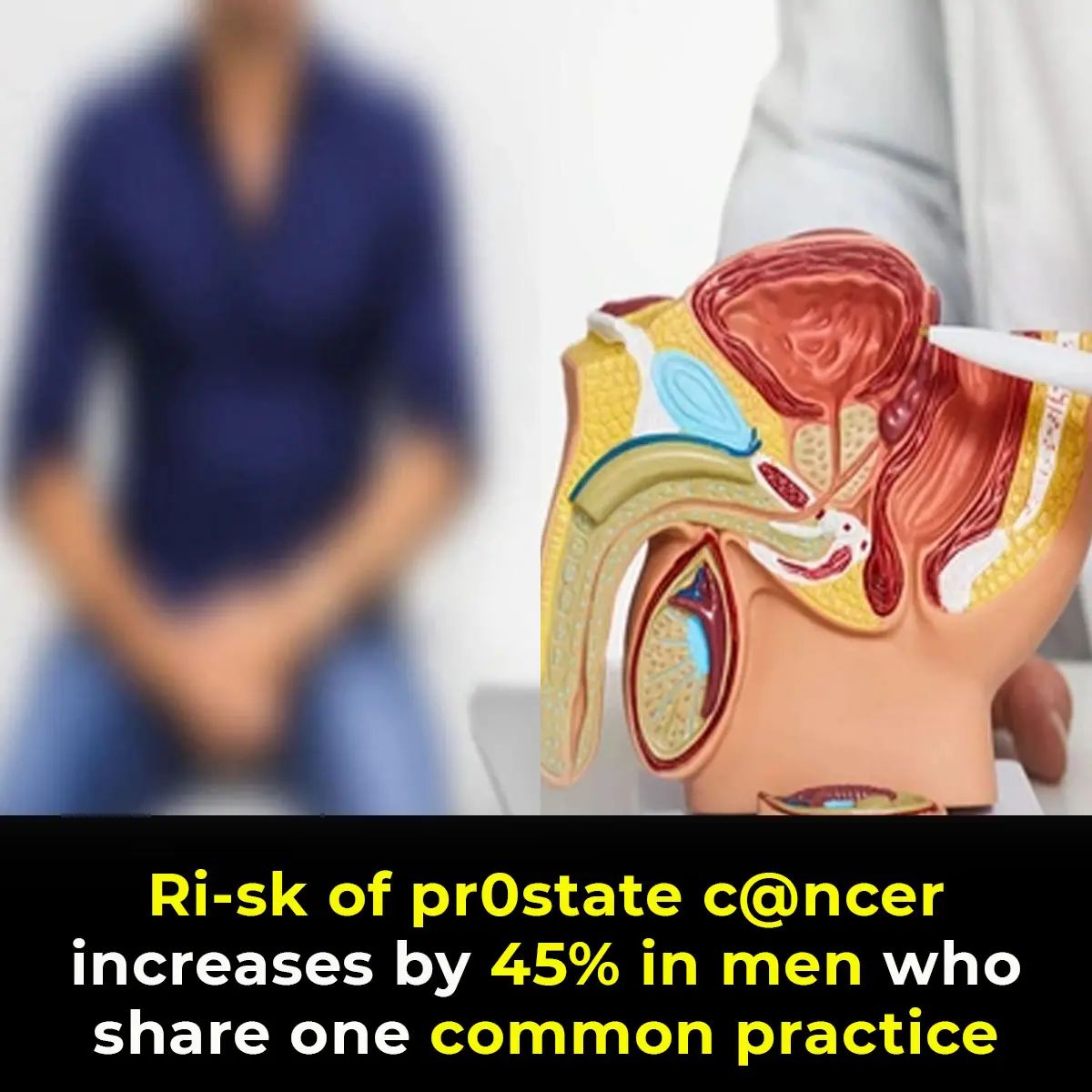
Men Who Neglect This Crucial Practice Face 45% Higher Risk of Prostate Cancer
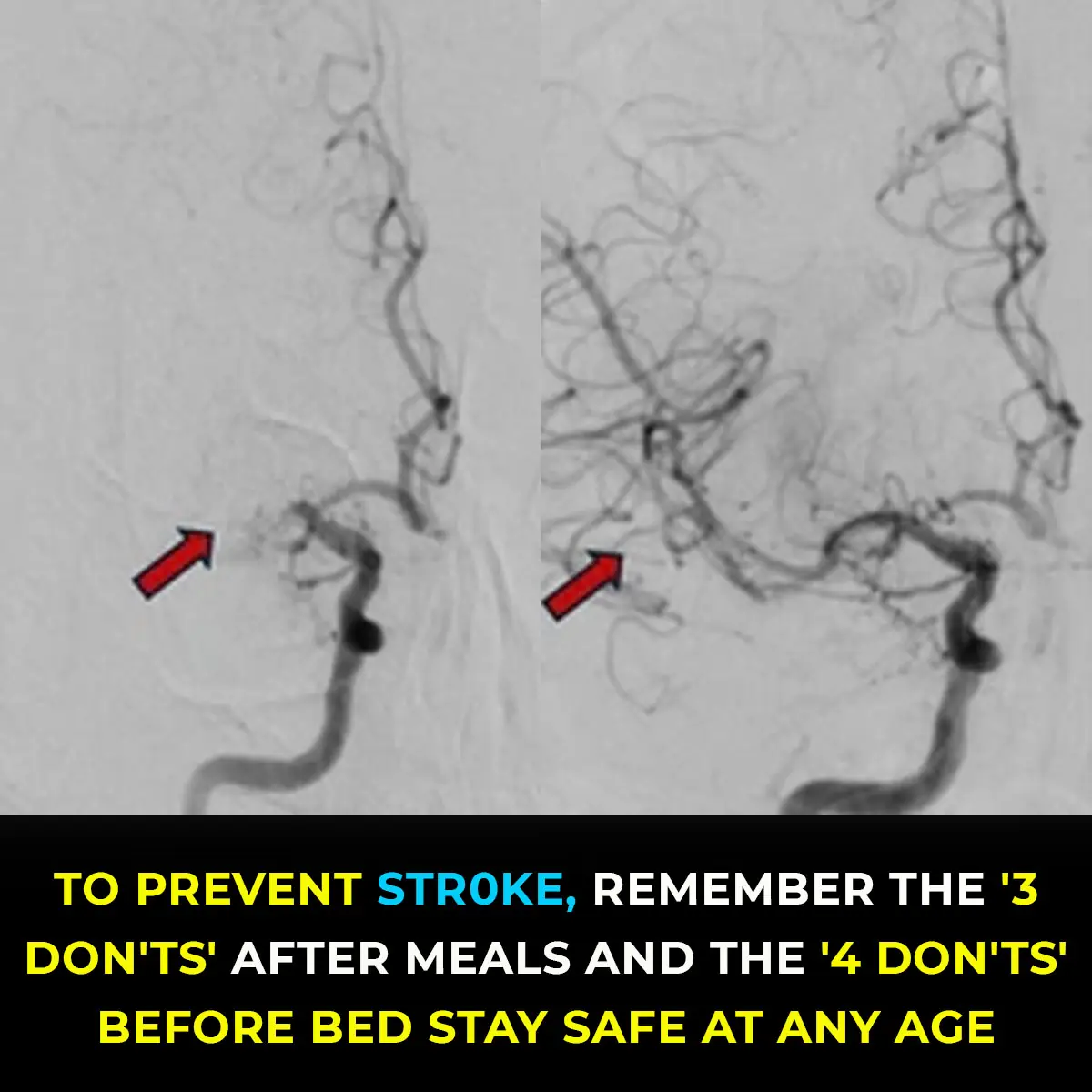
Preventing Stroke At Any Age: 3 “Don’ts” After Meals—And 4 “Don’ts” Before Bed

Revolutionary HIV Treatment: Lenacapavir Achieves 100% Clinical Efficacy
News Post

8 Potential Health Benefits of Nuts

Study Links Fries, but Not Other Forms of Potato, With Diabetes

How to Lower High Blood Pressure Quickly Without Medications (Evidence Based)

Why You Should Start Using Coconut Oil as a Toothpaste

20 Early Cancer Signs You Should Never Ignore

7 Signs That Your Partner Isn’t In Love And Is Just Settling For You

5 Warning Signs That Could Indicate Colon Cancer

Nurse reveals the 4 final phrases she hears people say before they die
A veteran hospice nurse has shared the deeply moving — and sometimes surprising — last phrases she’s heard from patients in their final moments. Her insights reveal that real-life goodbyes are far from the dramatic Hollywood scenes we’ve come to e

Shocking simulation shows exactly what happens to your body if you stop eating sugar for 2 weeks
Giving up sugar for two weeks may sound like a simple diet tweak, but a new simulation shows the change can trigger a chain reaction inside your body — from energy surges to mental clarity. The journey isn’t without its challenges, but the long-term r

11 Sh0cking Causes of Red Dots on Your Skin and How to Treat Them
While some red dots on your skin may resolve on their own or with simple remedies, others can and should require medical attention.

Never store your cooked rice without knowing this
Leftover rice may seem harmless, but if stored the wrong way, it can quickly become a breeding ground for dangerous bacteria. Experts warn that this common mistake, known as “fried rice syndrome,” can cause serious foodborne illness within hours.

Healing Power of Castor Leaves: Natural Benefits and Must-Know Safety Tips

Here’s Why You Shouldn’t Sleep With A Fan At Night
Sleeping with a fan might seem harmless — even comforting — but its hidden effects can chip away at your comfort and long-term sleep quality.

36-Year-Old Teacher D!es From Diabetes Caused by Common Foods, Experts Say
Diabetes is a serious health condition with long-term consequences if left unmanaged.

Finger Test For Lung Cancer Could Determine Cancer Risk
While finger clubbing itself is a symptom rather than a disease, adopting healthy lifestyle habits can help reduce the risk of underlying conditions that cause it.

The Ultimate Guide to Cloves: Benefits, Uses, and How They Work
Cloves aren’t just a fragrant kitchen spice — they’re a centuries-old natural remedy packed with healing power. From boosting immunity to easing pain, these tiny buds hold surprising benefits you can easily tap into at home.

What Are Eye Floaters? Here What To Do If you Start Seeing Them, According to an Eye Doctor

Many People Still Think That These 2 Buttons Are Just For Flushing

11 Reasons Why You Have Red Dots On Your Skin
